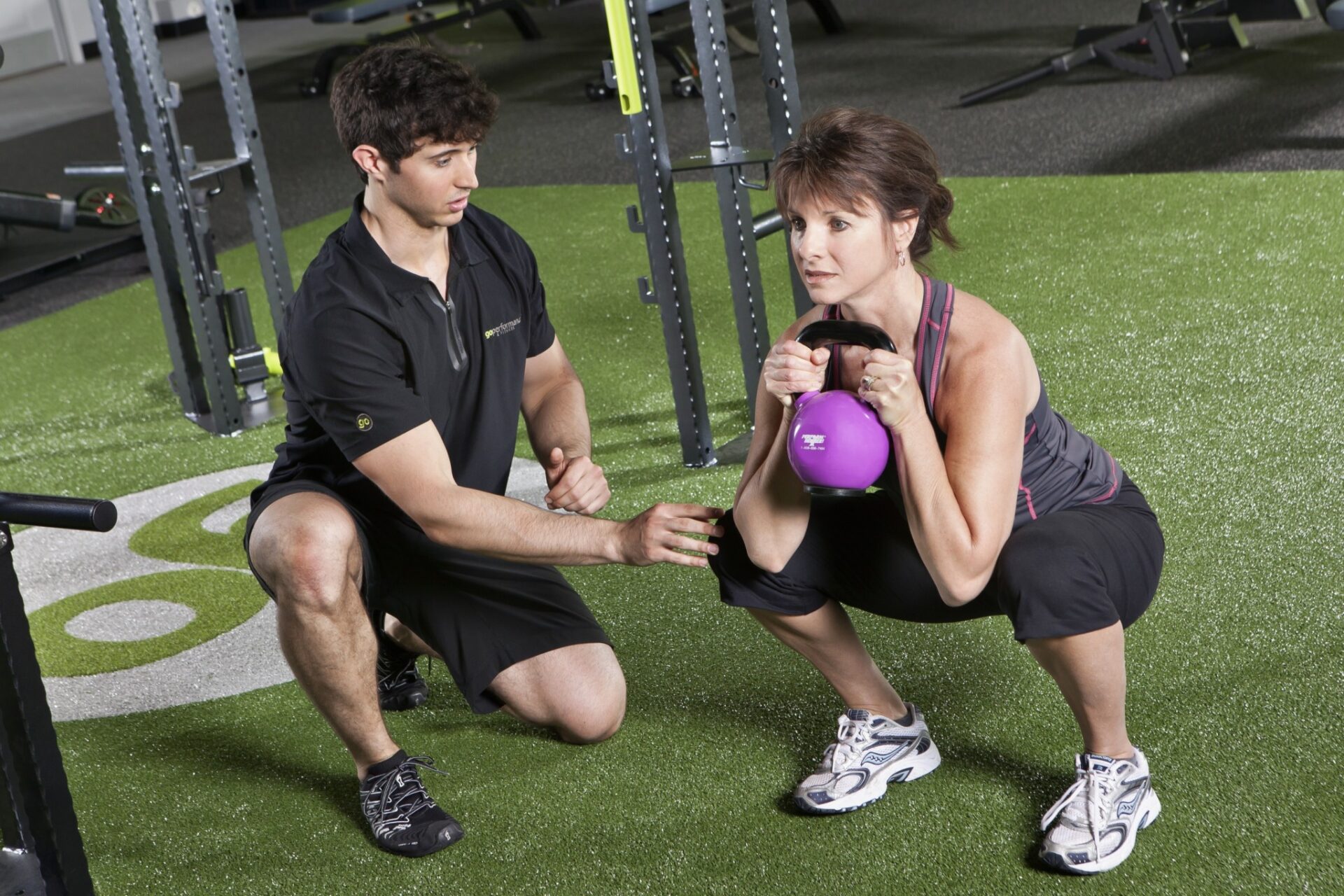
As coaches we wish we could sit you down and talk to you individually about training and mindset but there just isn’t enough time to do that. Here’s what that conversation would be like if we had a little time with each of you summarized in 5 main points.
1. Diligence Equals Results
What is diligence? Diligence according to the dictionary is “constant and earnest effort to accomplish what is undertaken; persistent exertion”. How does that translate to your performance goals? It means coming 3-6 times per week every week over the course of several years will yield noticeable results. Simply doing a 6-week quick fix or coming sporadically when life allows won’t get you anywhere.. Ask the people that look the best and you will quickly find out that working out and eating mindfully has been something they’ve woven into their life “diligently” for several years. If you are random about your workouts and your eating habits, you will get random results, if any. This principle is true in life and sometimes easier to see. If you want to save money or pay off debt, the first thing that you must do is decide to be diligent in that effort. Whether that means saving more, spending less or working more. Either way you must decide to be diligent.
2. Specific
A principle that you will find in every coaching and training manual about performance is the “SAID Principle.” It stands for “specific adaptions to imposed demands” and means if you want to get results on your squat, then you must squat. You guessed it. Specific training yields specific results. If you want to be toned, firm or “ripped” then you must work on building muscle mass. If you want to get stronger, then you must puts some weights on the bar. If you want to increase your aerobic capacity, you will have to train in a way that makes you breathe hard. It sounds simple because it is. Choose one thing that you want to improve and work on it, specifically.
3. Failure is the only option
One of my favorite quotes is “You miss 100% of the shots you don’t take.” by Wayne Gretzky. The only way to make a basketball shot is to shoot. The only way to get a hole in one is to swing the golf club. What happens when you attempt to do something? At first you fail. Watch a baby learning to walk. Over time with diligence and being specific, you will succeed. Of course this is true in the weight room. Most people quit when they are on the verge of a breakthrough. For example, I was stuck at a particular weight on the snatch for well over a year. I was on the verge of stopping Olympic weightlifting but then with diligence and being specific in my training, I had a breakthrough. It wasn’t immediate. It took about a year but it was big. I jumped more than 50 pounds in about a month and have been consistently hitting weights I have never hit. You can’t be afraid to fail. In a workout or a class, we would like to see you try (responsibly) a weight or movement that you have never done. You might be surprised what you can accomplish if you’re okay with failing once or twice.
4. Weaknesses
You have weaknesses because you don’t work on them. And we all have them. For instance if you can’t get your knees out properly on a squat, then your adductors are too tight and your glute medius is weak. What to do? Work on those two things. Don’t accept that you simply can’t do it. If so, in that instance your squat will always be bad and your knees will hurt and your back will hurt. If your low back rounds and hurts on deadlifts, then you will need to work on back extensions and strengthening your lower back. Part of my breakthrough on my snatch was knowing that I could and likely would fail but also working on overhead flexibility and hip mobility. If you work on your weaknesses with diligence (you guessed it), your weaknesses will improve and your strength movements will drastically. If you don’t know what your weaknesses are, ask a coach.
5. Progressive
There is a principle called “progressive overload” and it states: “In order for a muscle to grow, strength to be gained, performance to increase, or for any similar improvement to occur, the human body must be forced to adapt to a tension that is above and beyond what it has previously experienced.” Your body seeks comfort at all costs. If you sit, your body adapts to sitting. If you exercise all the time, then your body adapts to those movements. In order to force your body to adapt, you have to push beyond the comfort into the discomfort. Change only occurs in discomfort. Progression is slowly adding discomfort over time to force your body to adapt. If you haven’t been uncomfortable in a while, then you probably haven’t changed.
These principles stretch far beyond the weight room. What “specifically” must you do with “diligence” so that you are “uncomfortable” trying new things?
